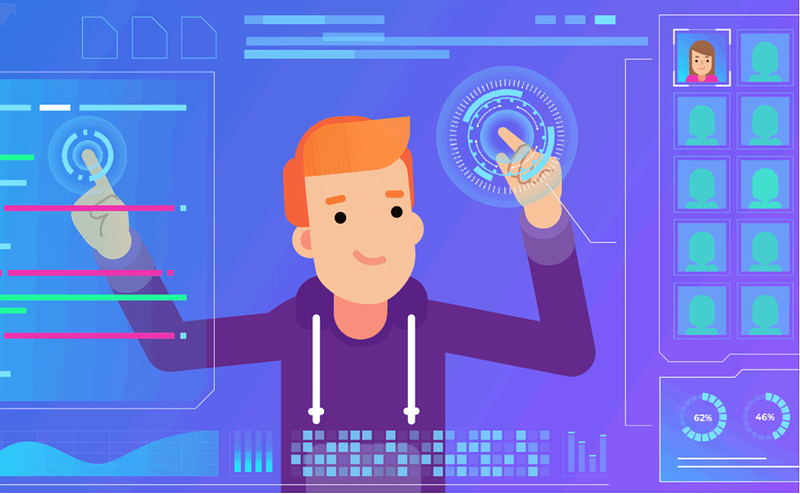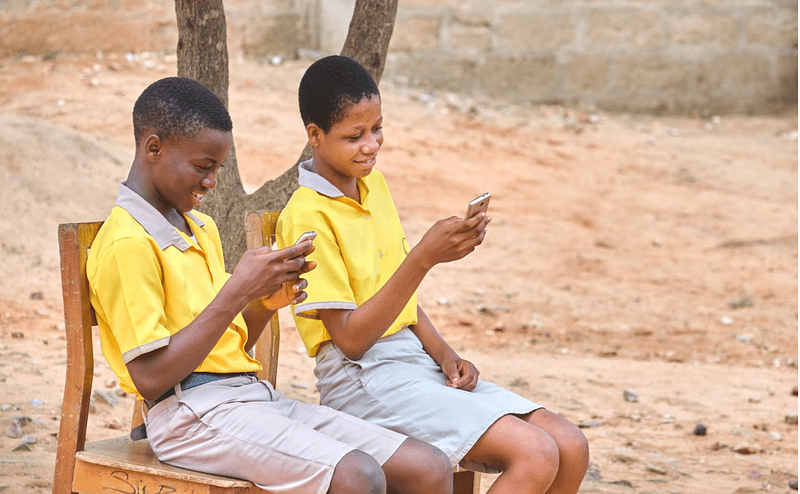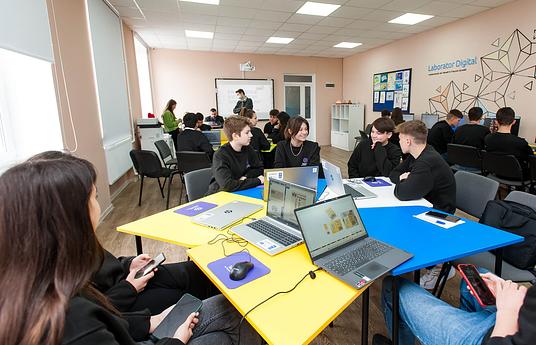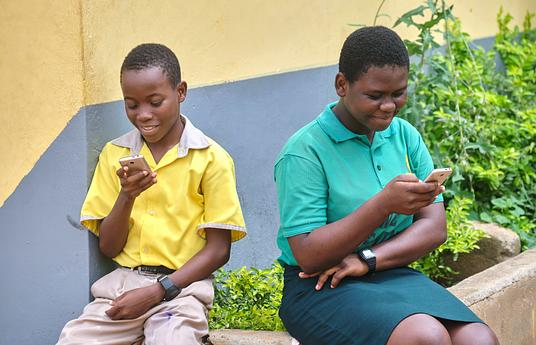One of the most promising trends of the last century is the growth of Educational Technology, or EdTech. As classrooms expand beyond traditional brick-and-mortar settings, EdTech is emerging as one of the major solutions for enhancing learning experiences, bridging educational gaps and preparing students for the demands of the 21st century.
EdTech encompasses a diverse range of digital tools, software, and platforms designed to improve educational outcomes by leveraging technology. Its allure lies not only in the convenience it offers but also in its potential to cater to diverse learning styles and individual needs. As educational institutions strive for more inclusive learning environments, EdTech is increasingly relied upon to accommodate learners with varying abilities, backgrounds, and learning paces.
To understand more about the potential of EdTech and how the development of technology impacts education we spoke to George Cowell of Rising Academies, which develop Rori, and Tatiana Alexeev from the Tekwill in Every School Program, two innovations that have been shortlisted for the 2024 Global Collection.

Tekwill in Every School Program recognised that the rapidly evolving job market demands a skill set that extends beyond traditional subjects. Many traditional Moldovan schools are bare and understaffed. Most schools have outdated computer labs, if they have one at all, and due to staffing shortages many teachers are forced to take on additional subjects such as Information Technology (IT) resulting in patchy knowledge. To help alleviate the strain on teachers and to foster more technological literacy in the workforce they have devised a program that is free to use for all schools in Moldova. Their platform offers teacher training, coding, digital design, mobile applications, and entrepreneurship courses to foster a hands-on approach to learning, preparing students for their future careers.
“Many students create products that benefit their local communities, such as one child who created a website for their local sushi restaurant, and another created an information guide to attract tourism” - Tatiana Alexeev
Tekwill programs are offered entirely in Romanian with plans to expand to Russian. Beyond learning the basic skills, students are required to create a product that demonstrates their learning. Tatiana explained that “many students create products that benefit their local communities, such as one child who created a website for their local sushi restaurant, and another created an information guide to attract tourism”. Many students go on to enter technology competitions both in Moldova and around the world.
As with any transformative trend, EdTech does come with its challenges. Data security and privacy concerns are paramount, so robust measures are necessary to protect sensitive student information.Ghana-based Rori uses an AI-powered Chatbot to boost maths acquisition and mastery through personalised feedback. The artificial mathematics tutor is delivered through WhatsApp and delivers students increasingly challenging questions, supporting students with a range of image and audio content as they progress through their learning.
George Cowell of Rising Academies sees the immediate impacts of AI on tailored education:
“The emergence of ChatGPT is allowing us to test solutions where a student can experience a more flexible and adaptable conversation. For example, if a student is completing a maths solution with Rori, but suddenly wants to know how many goals Messi scored the previous night, Rori should be able to open the door to that conversation before naturally bringing the student back to their learning journey. This type of exchange is far more true to real life and opens up lots of possibilities for chatbot technology. It also creates fresh challenges.”
With the growth in personalised conversations George also emphasised the importance of developing a strong privacy model within their innovation. As Rori is designed to interact with the children through natural conversations, many students can forget they are talking to a system and end up revealing personal information to the Rori Chatbot. Sensitive information could relate to where they live, how they are feeling, or, more concerningly, disturbances at home.

As we move into a more and more technologically dependent world, the integration of EdTech into education is both inevitable and a potential source for positive change. However, this potential must be harnessed responsibly and ethically. Just as technology has the power to revolutionise learning, it also highlights a pressing need for proactive consideration in addressing issues such as data security, privacy, and the ethical implications of AI-driven educational tools.
As students and educators engage with these innovative tools, it's important to keep the dialogue open about the risks and benefits they present. Students and teachers alike need to ask themselves: “Why am I using this technology? and how does this help me to achieve my goal?”
If you have an innovation working on sustainability we would love to hear from you! Register at HundrED and apply for the 2025 Global Collection!



